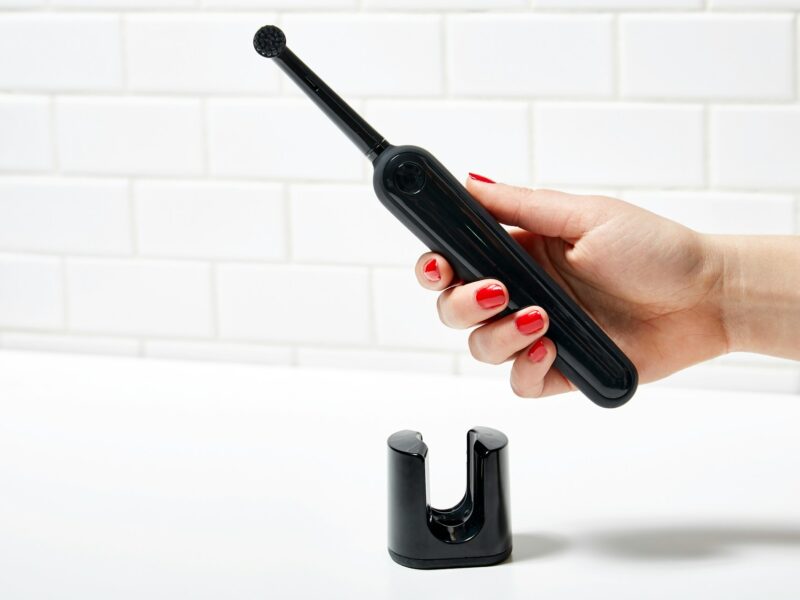There are lots of things that can help to calm an anxious person. It’s essential to find what works best for you.
For example, if you are feeling worried about something you can’t control, it’s helpful to write about it. This way, you can express your worries without being critical of yourself.
Contents
Go for a walk.
Many self-care tips can help deal with anxiety. Deep breathing, meditation, and yoga are all calming activities that can improve your mood and reduce anxiety symptoms.
Finding some quiet time to escape the chaos of your daily routine is also helpful. According to Healthline, having a break from your practice can benefit your mental health and be very relaxing.
Another critical factor is ensuring that you get enough sleep. A good night’s sleep will allow your body to recover and give you the energy you need to tackle the day.
If you need more support, seek a counselor or therapist specializing in anxiety. They can help you learn new ways to manage the common physical symptoms of anxiety.
Alternatively, you can go to a peer support group. These groups are full of people who have dealt with anxiety and are willing to share their experiences with others.
Find one nearby or sign up for a virtual group on an app. It’s easy to do and will provide a safe place to discuss your concerns without worrying about being judged or mistreated.
The best way to stay motivated is to set goals for your walks. This can be achieved using an app that tracks your steps and distance or a pedometer. Once you start to see results, you’ll be inspired to keep going.
Take a bath.
Bathing is a relaxing ritual that can help ease anxiety and stress symptoms. It’s a great way to relax and unwind and is also an excellent way to promote good sleep.
Aside from helping you relax, a warm bath can help reduce the risk of heart disease, especially among those with high-stress levels. Studies have linked mental distress to increased inflammation, which can lead to heart problems if left untreated.
A warm bath can increase the body’s core temperature and help to strengthen our natural circadian rhythms, which regulate when we feel tired and stressed. It’s also been shown to improve mood in people suffering from depression and boost serotonin levels.
For added relaxation, consider incorporating essential oils into your bath water. Various scents, including lavender, clary sage, and chamomile, will help you calm your mind and relax your body.
You can also try a bath with salts or scented soaps, which will help you relax more easily. Epsom salts are known to be relaxing and have the added benefit of replenishing magnesium, which is a crucial mineral for reducing stress.
A cold shower is another surprisingly effective method of calming your body and mind. While it’s not proven to reduce anxiety, it can help you focus on the sensations of being cold, a practice that may act as a mindfulness exercise.
Listen to music.
Music is a great way to relax and reduce your anxiety. Studies have shown that listening to classical music can reduce the heart rate, blood pressure, and levels of stress hormones.
There’s also evidence that music can help you focus and improve your memory. One study found that people who listened to music during a test focusing on attention were more focused than those who didn’t listen to music.
It’s a good idea to listen to a variety of songs so that you can avoid getting stuck on just one. Try to find pieces that you enjoy and can relate to.
Research has also shown that music can help with sleep. In a 2018 survey, 62% of respondents reported using music to help them fall asleep. They said it relaxes them, helps them sleep faster, and distracts them from daily stressors.
Do something you enjoy.
Sometimes, the best way to deal with anxiety is to do something you enjoy. For instance, you might enjoy writing in your journal, reading, or practicing yoga.
If you don’t have a hobby, try to find one that helps you de-stress and relax, such as walking or enjoying a warm bath. Physical activity can help you break up the mental cycle of worry that often occurs when you feel anxious.
Exercise also releases chemicals called endorphins that can reduce stress and improve your mood. It doesn’t have to be strenuous — even gentle yoga can help ease your anxiety, says certified yoga and meditation instructor.
It can also be helpful to practice coping techniques that you can use when you’re feeling anxious, such as meditation or breathing exercises. These can be very effective when used regularly and may be able to lessen the severity of an anxiety attack.
You should also be grateful for what you have rather than dwelling on the negatives. Being thankful can help lower stress and relieve anxiety-related feelings, including irritability, depression, and fatigue.
Practicing mindfulness can also help you manage your anxiety and make it easier to cope with the negative thoughts that may pop into your head when stressed. By focusing on what you’re doing instead of the worries in your mind, you can calm yourself down and regain control over your emotions.
You can also do simple things to distract yourself from thinking about your anxiety, such as eating a healthy snack or meditating. These strategies can effectively reduce stress and are easy to implement, so you’ll likely start to see results quickly.
Take a break.
If you’re feeling overwhelmed by anxiety, taking a break is essential. Whether it’s a few minutes away from your computer or going into a different room, taking a break can help you breathe and clear your mind.
It also helps to know what triggers your anxiety so you can practice coping strategies and stay calm when feeling anxious. Learning what stresses you out can be done in various ways, including writing down your feelings and looking for patterns.
Relaxation training can also be a helpful tool to ease anxiety. Start by tensing specific muscle groups in your body, and slowly work to relax them voluntarily. You can also find guided relaxation training online. When you’re anxious, taking time for yourself and reflecting on your life is a good idea. This can be done through journaling, art, music, or other creative outlets.
Another self-care tip that can be helpful if you’re dealing with anxiety is to set boundaries. These can include limiting certain activities or limiting time with people who may be causing your stress.



